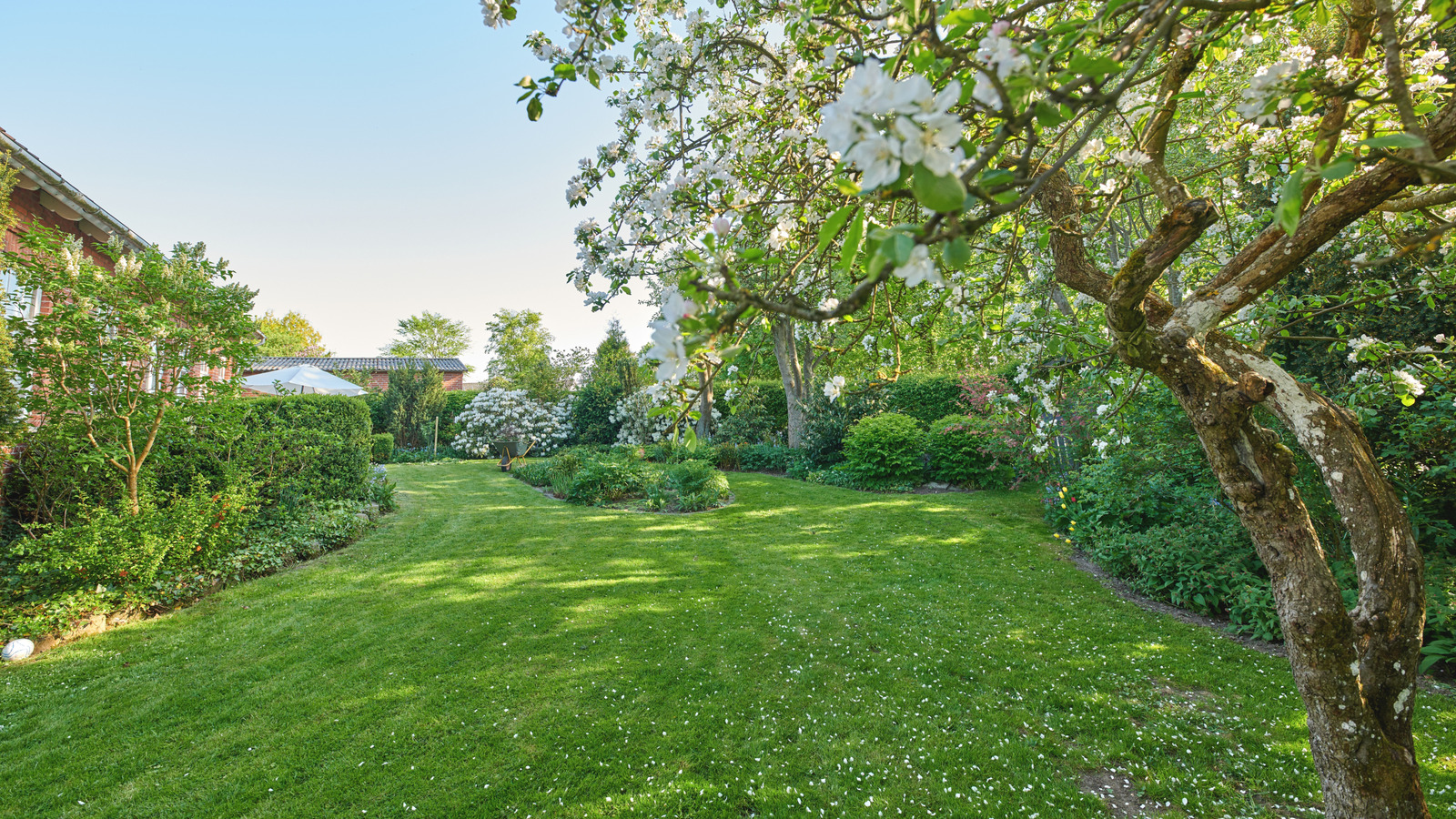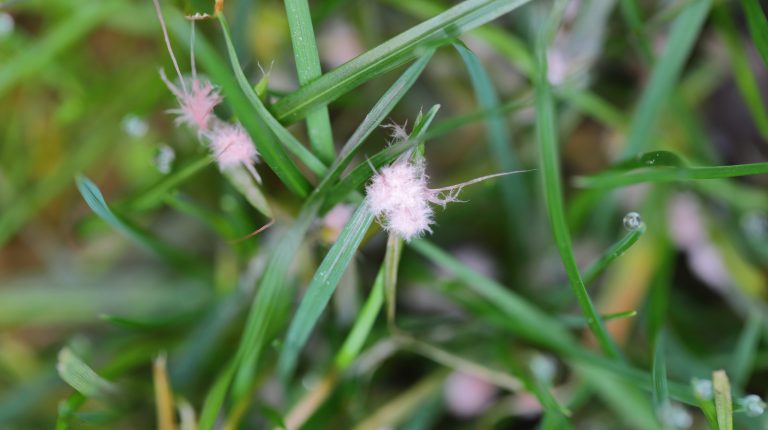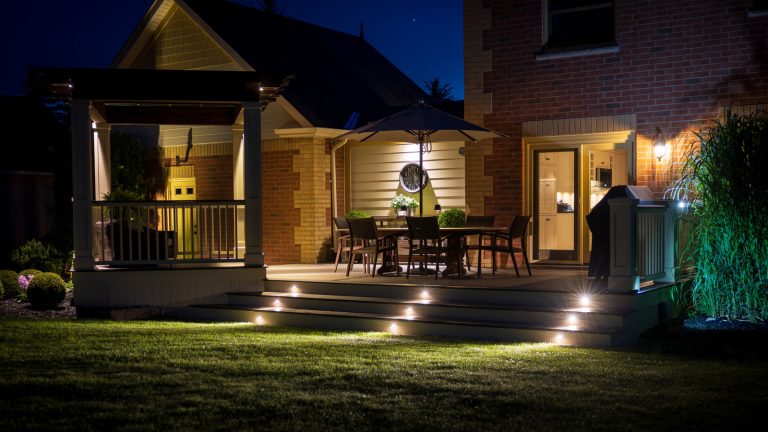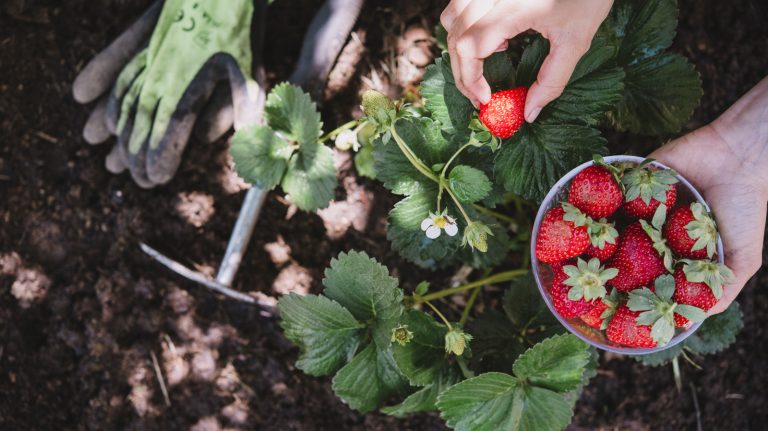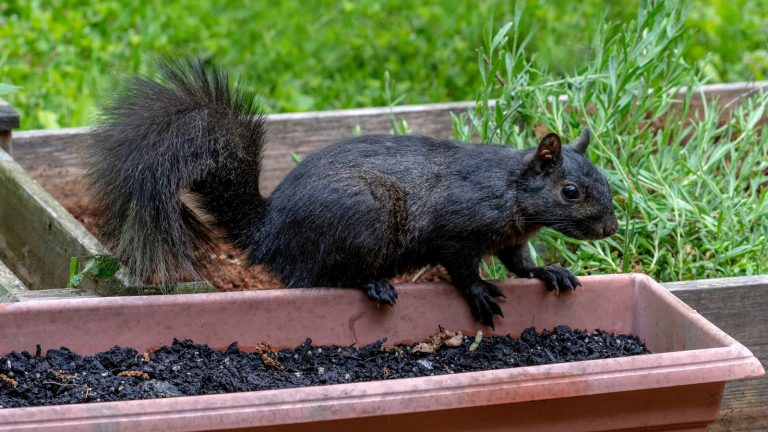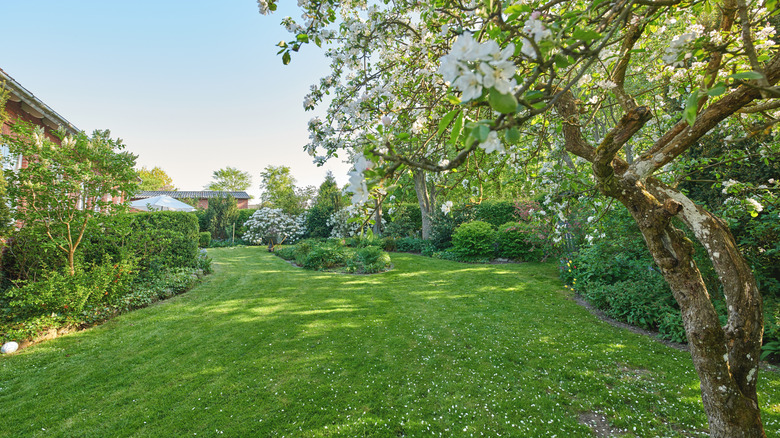
During the summer, keeping cool at home is essential. Indoors, this might involve sealing gaps, maintaining your AC, and closing blinds to block sunlight. Outdoors, wise landscaping choices are crucial — such as planting shade trees and opting for alternatives to grassy lawns that don’t require frequent mowing. However, some homeowners might overlook a landscaping element that contributes to a warmer yard — rock mulch. It exacerbates an already hot situation.
Rock mulch can create stylish beds or borders that offer a minimalist aesthetic, but maintaining these stone-filled areas demands more effort than many gardeners expect. Maintenance concerns may seem trivial compared to the real issue: sweltering conditions. Using rocks as mulch is among the mistakes new gardeners in hot climates should avoid, as it can induce heat stress in plants.
Why rock mulch causes heat stress in plants
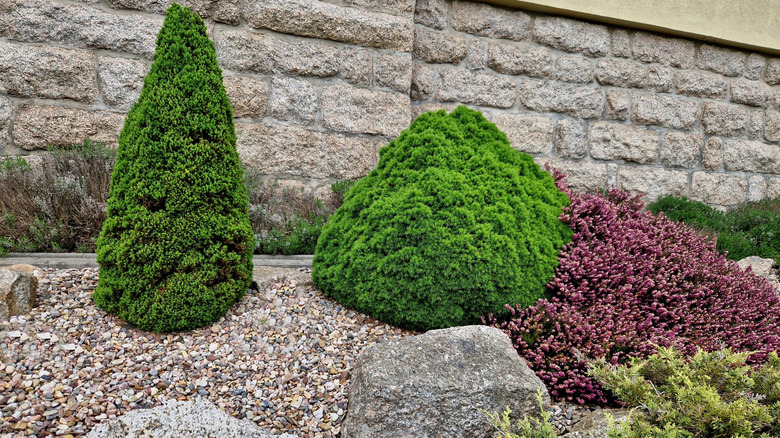
Rock mulch is visually appealing when used around conifers, bunch grasses, or succulents. However, it poses a hidden problem — rocks absorb and radiate heat, increasing the air temperature around them. Stones also significantly heat the soil beneath them compared to organic options like shredded bark, which keeps the soil cool and moist.
There are advantages to this choice as well, as increased temperatures can be beneficial in cold weather. Some plants naturally grow among rocks and are adapted to their heat-radiating properties. However, unless a plant is specifically suited for rock gardens, stone mulch can be a considerable mistake.
When summer conditions become excessively hot, it can lead to weakened or dead plants. The rocks can overheat the plants and their roots, causing stress. This heat also contributes to moisture loss, depriving plants of necessary water. Additionally, your garden misses out on nutrients from decomposing organic compost. These factors might encourage you to consider alternatives to rock mulch.
Alternatives to rock mulch for landscaping
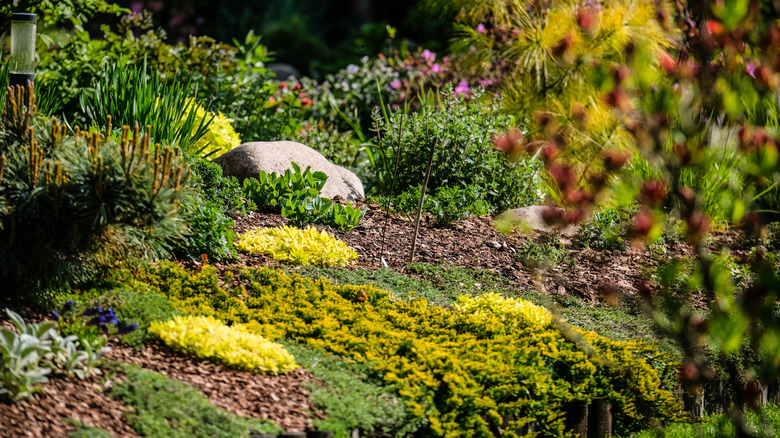
Using inappropriate materials to cover soil around plants is a common mulching error. The aim to achieve a cooler yard might prompt gardeners to explore alternatives, especially for a new landscaping project. Unlike inorganic options like rock, organic materials used as soil coverings help cool the environment and also decompose gradually, enriching the soil with nutrients and organic matter.
Shredded bark helps maintain moderate temperatures for plants in both summer and winter. Leaf mulch is another economical choice, as gardeners can use fallen leaves from their trees. For those aiming to create a wildlife habitat, the ideal mulch could be a living mulch, which is pollinator-friendly and helps keep conditions cooler. Living mulch consists of low-growing plants, a type of ground cover that suppresses weeds, retains moisture, and regulates temperatures.


